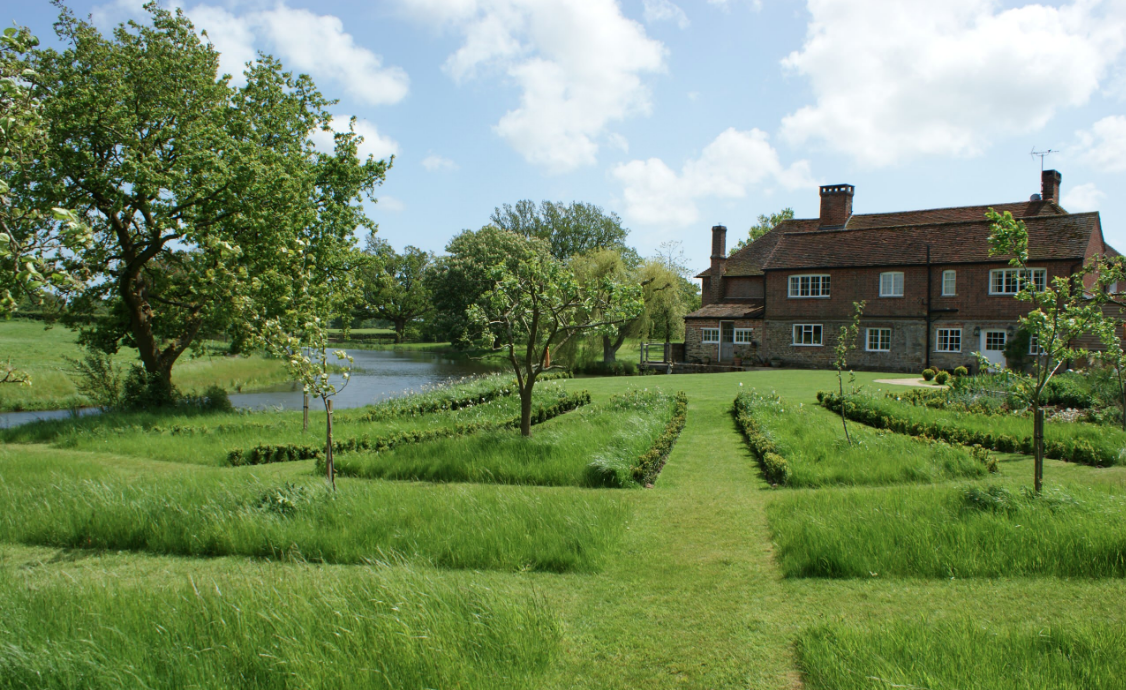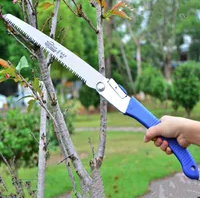Why Your Lawn Sprinkler System Needs Regular Maintenance
Your lawn is one of the first things people notice about your home, and a lush, green lawn can enhance your curb appeal and make your outdoor space more enjoyable. A lawn sprinkler system is key to keeping your grass healthy and hydrated!

However, like any other part of your home, your sprinkler system needs regular maintenance to function properly and efficiently.
In this article, we’ll explore the reasons why routine maintenance is essential for your lawn sprinkler system and how it can save you time, money, and headaches in the long run.
1. Preventing Costly Repairs
One of the primary reasons to maintain your lawn sprinkler system is to avoid costly repairs. Over time, parts of the system can wear out or become damaged. For example, sprinkler heads may break due to lawn equipment, or pipes may crack due to freezing temperatures.
Without regular check-ups, these small issues can escalate into bigger problems, such as leaks or a system that doesn’t properly water your lawn. When you catch these problems early through regular maintenance, you can replace or repair parts before they cause more damage.
2. Ensuring Even Water Distribution
A well-maintained sprinkler system delivers water evenly across your lawn. When your sprinklers are out of adjustment or blocked by dirt or debris, you may end up with areas of your lawn that are overwatered or under-watered.
Overwatering can lead to fungal growth and wasted water, while under-watering can leave patches of dry, dead grass. By regularly checking and adjusting your sprinkler heads, you can ensure that every part of your lawn receives the right amount of water.
3. Extending the Life of Your Sprinkler System
Regular maintenance is essential for extending the life of your sprinkler system, ensuring it functions efficiently for years to come. Over time, wear and tear can affect critical components like sprinkler heads, valves, and ball bearings, which are vital for smooth operation. Ball bearings help maintain the system’s moving parts, ensuring the sprinklers rotate and distribute water evenly. If these bearings become damaged or worn out, they can cause friction, leading to breakdowns or inefficient water flow.
By scheduling routine inspections, you can identify any issues with ball bearings and other parts before they become major problems.
4. Maximizing Water Efficiency
Water conservation is becoming more important than ever, and a well-maintained sprinkler system can play a big role in reducing water usage. A system with leaks, broken heads, or improper timing settings can waste gallons of water every time it runs. This not only harms the environment but also leads to higher water bills.
During routine maintenance, professionals can check your system for inefficiencies and adjust the settings to optimize water usage. For instance, they can ensure that your sprinklers are set to run during the early morning or late evening when evaporation rates are lower.
5. Detecting Hidden Leaks Early
Leaks in your sprinkler system can go unnoticed for weeks or even months, especially if they’re underground. These leaks can lead to water pooling in certain areas of your lawn, resulting in soggy patches or puddles. Not only does this waste water, but it can also cause damage to your yard or even your home’s foundation if the leak is near the structure.
Regular maintenance allows for early detection of leaks before they cause extensive damage. During a maintenance check, a professional will inspect your system for signs of leaks and make necessary repairs, ensuring that water flows efficiently and only where it’s needed.
6. Adapting to Seasonal Changes
Your lawn’s watering needs change with the seasons, and your sprinkler system should be adjusted accordingly. In the spring, your lawn may need more water to recover from the winter months, while in the summer, watering should be done more frequently to combat the heat.
Fall typically requires less water as temperatures cool down, and winterizing your system is crucial to prevent freezing and damage. Regular maintenance ensures that your system is properly adjusted to meet seasonal needs.
7. Maintaining Optimal Pressure Levels
Water pressure plays a key role in how effectively your sprinkler system works. Too much pressure can cause sprinkler heads to mist instead of delivering a steady stream of water, which leads to water being wasted through evaporation.
Too little pressure, on the other hand, may result in uneven water distribution and dry spots on your lawn. During regular maintenance, pressure levels can be checked and adjusted to ensure optimal performance.
8. Avoiding System Clogs and Blockages
Dirt, debris, and grass clippings can easily find their way into your sprinkler system, clogging the heads and reducing water flow. Blockages can cause parts of your lawn to receive too little water or none at all, leading to dry patches and unhealthy grass.
Regular maintenance includes cleaning the sprinkler heads and clearing away any debris that may be causing blockages.
Last Words
Regular maintenance of your lawn sprinkler system is important for preventing costly repairs, ensuring even water distribution, and maximizing the efficiency and lifespan of your system. By taking care of your sprinkler system, you’re also taking care of your lawn, keeping it green, healthy, and beautiful.
Whether it’s through DIY maintenance or professional servicing, making sprinkler system care a priority will save you time, money, and stress in the long run.








